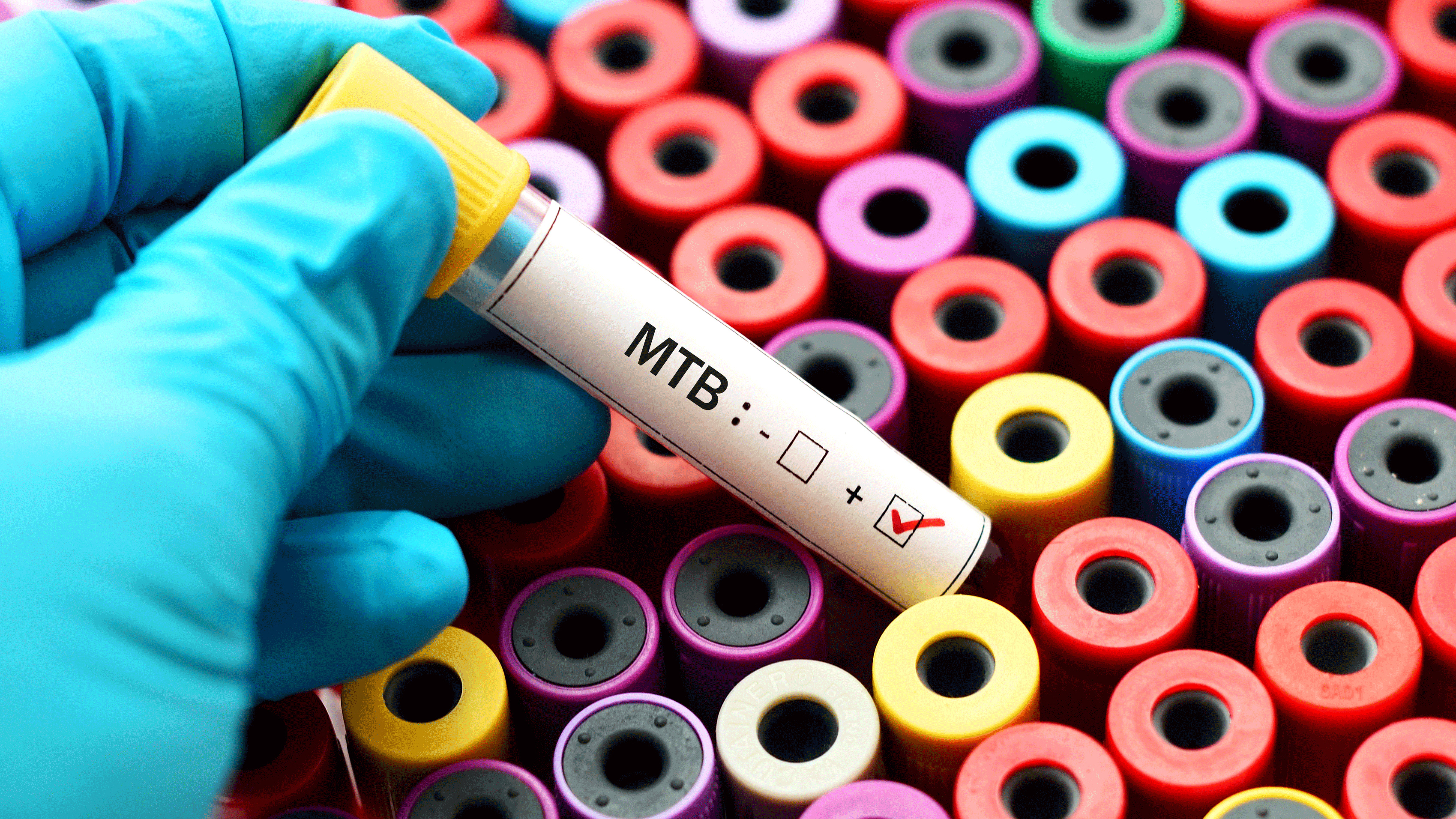
20 Mar Study focuses on personalizing tuberculosis treatment to improve patient outcomes
Providing the most effective treatment to patients with multi-drug resistant tuberculosis (MDR-TB) – that’s the goal of a recently launched research project.
As the leading cause of death from a single infectious agent, TB kills more people than HIV and AIDS, according to the World Health Organization.
Currently, a number of patients with drug-resistant TB initially receive inappropriate treatment for the particular strain of TB they have, because of the use of highly regulated standardized treatment, and the complexity of TB diagnostics which delays the identification of strains that require other treatments.
“For patients with drug-resistant TB who receive fewer active drugs than required, this means their disease can progress and can make the ongoing management of their disease much more complex,” said Assoc. Prof. Frank van Leth, the project’s principal investigator from AIGHD.
A cohort of patients with drug-resistant TB will be studied from two high MDR-TB settings: Moldova and Belarus. Some of these patients will start with inadequate treatment because the drug-resistant strain is not identified at the time of the diagnosis. Researchers will compare the evolution of infecting bacteria between patients who start with adequate or inadequate treatment. A third group of patients from the Netherlands will receive fully individualized treatment.
“By evaluating the progression of the infecting bacteria of sub-optimally treated patients alongside those patients who have received the most effective treatment from the beginning, we can better understand how various antibiotics impact drug resistance as well as how drug resistance evolves in order to improve future treatment regimes,” added Frank.
The results of this study will contribute to better understand if undertreatment fosters multidrug resistant TB.
